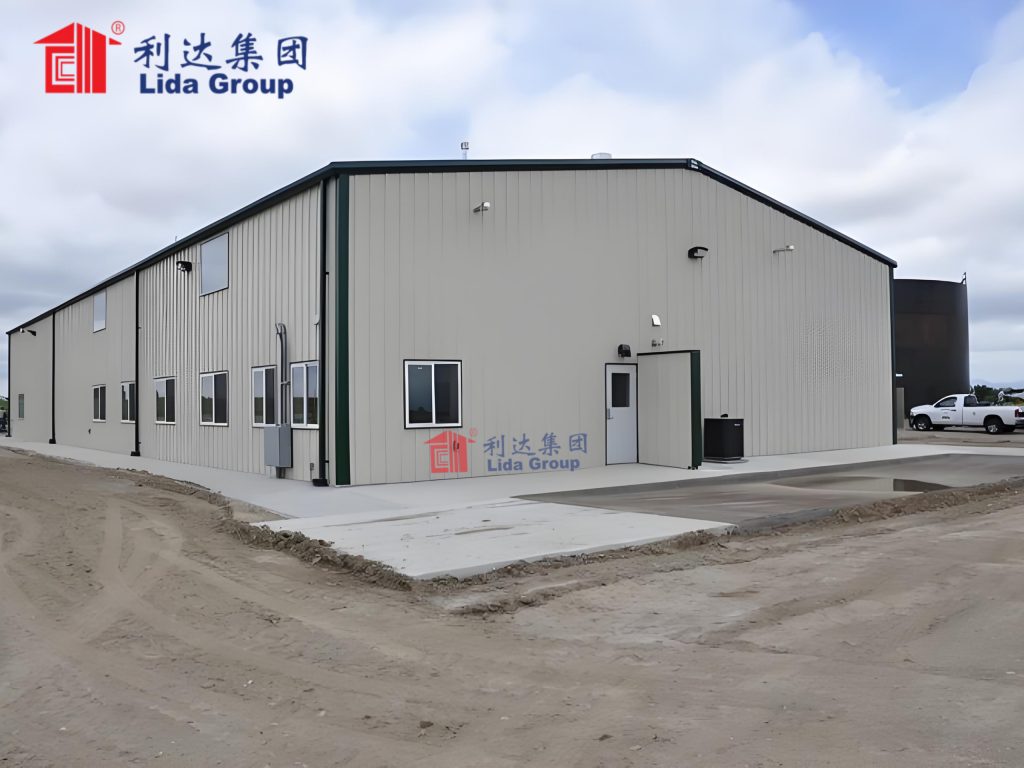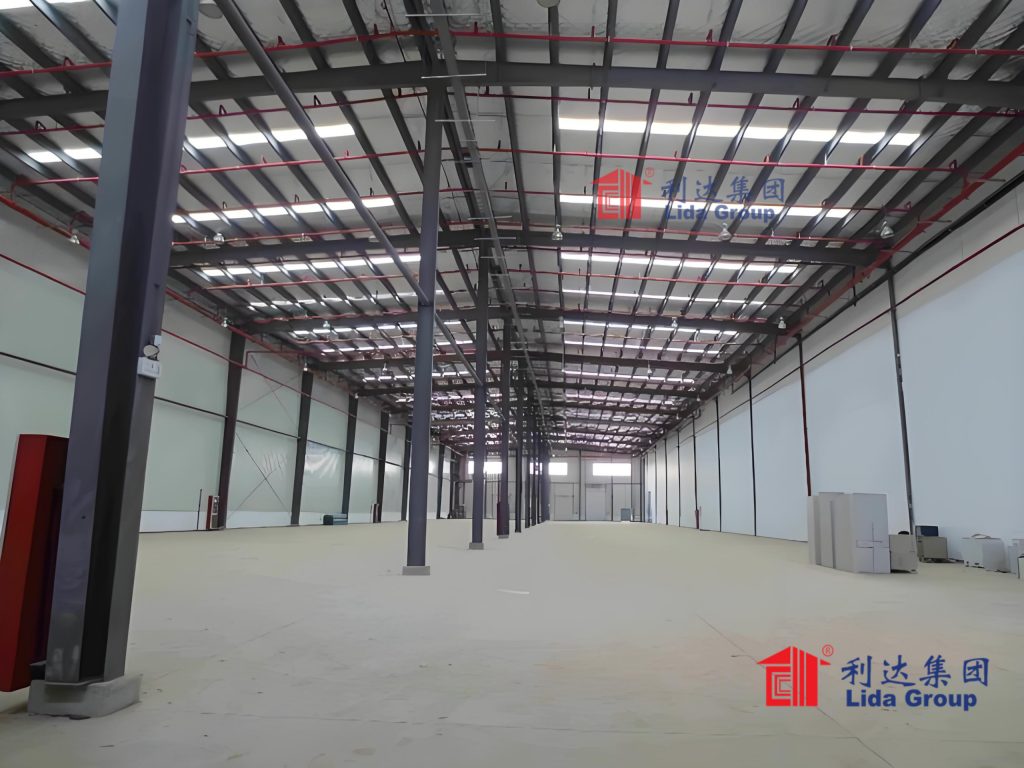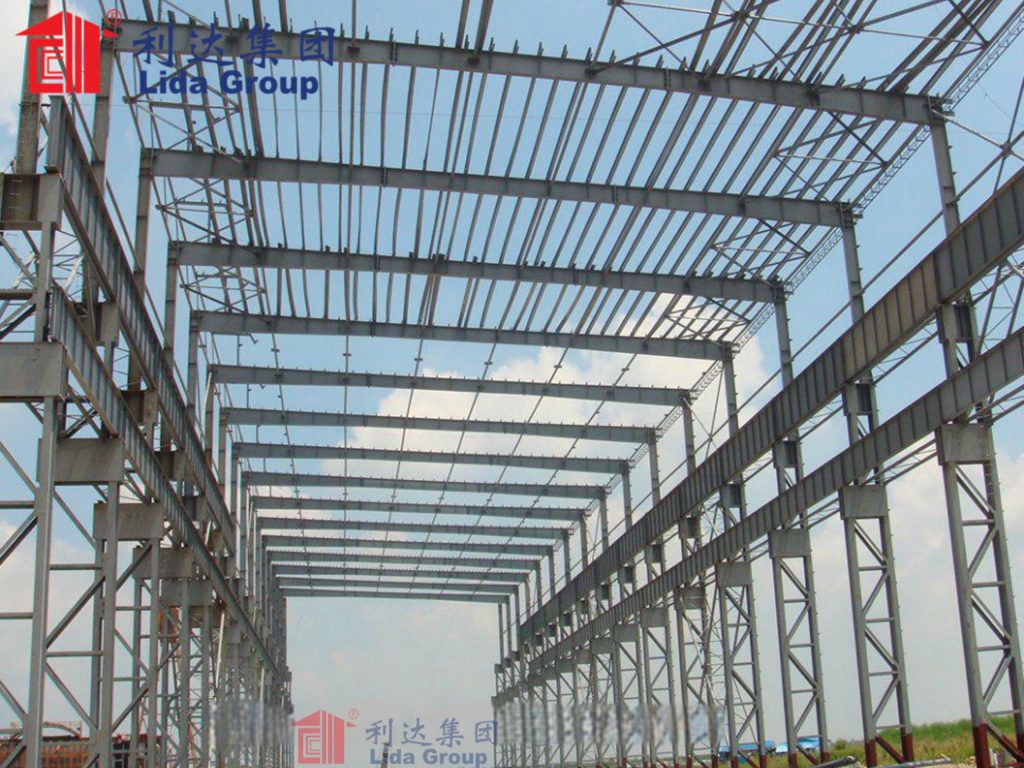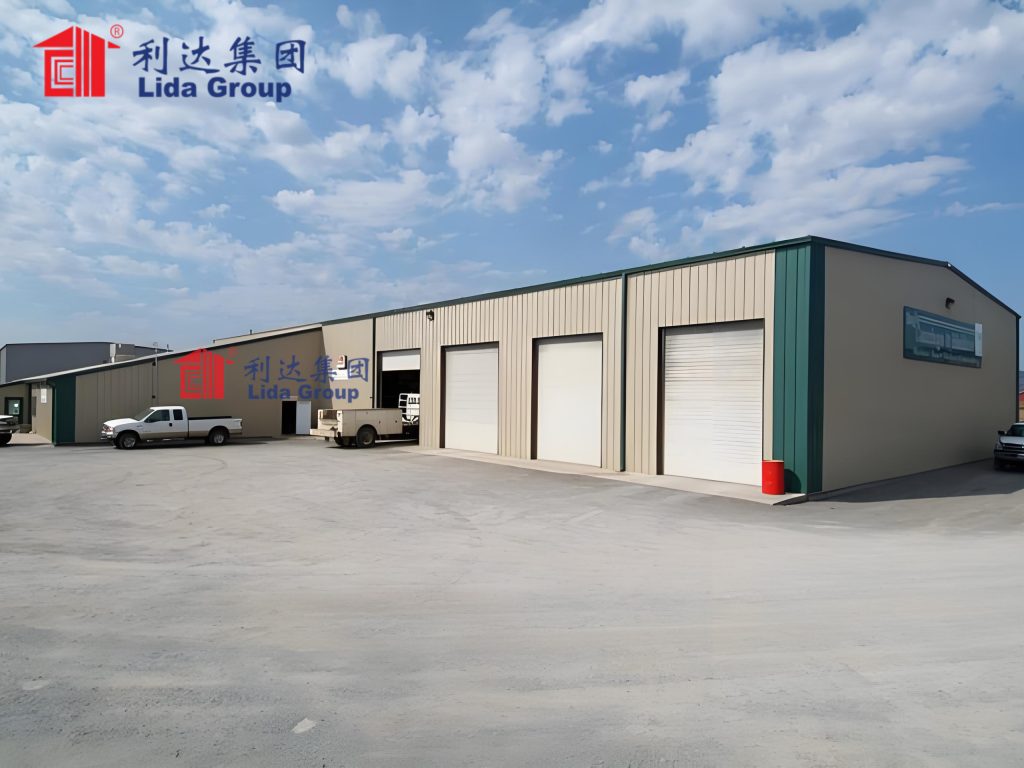Agricultural communities face ongoing challenges securing affordable structures balancing storage, processing and community needs amid remote lands’ short construction seasons. Conventional site-built methods strain under escalating material and labor costs as populations age.
Seeking optimized solutions through collaborative innovation, agricultural technology non-profit Manitoba AgriTech partnered expert engineers and builder Lida Group exploring modular construction applications for mixed-use farm buildings. Specializing in prefabricated solutions reducing costs through reusable materials, Lida Group piloted advanced systems trialed across regional demonstrations.
Under research lead Lisa Chen, teams analyzed Lida Group’s patented steel framework innovations allowing rapid demountable assembly without heavy machinery. Angle-connected posts and beams optimized structural longevity beyond wood construction vulnerable to elements.

Side-by-side comparisons found steel modular frames 10x more durable through corrosion/decay resistance, extending lifecycles 25+ years. Standardized panel connections enabled seasonal demounting/relocation according to evolving site requirements without complete rebuilding costs.
Reusable cladding optimized scale through light-weight sandwich panels interlocking around frames for weatherproofing flexibility. Honeycomb cores integrated rigid foam insulation exceeding energy codes – lowering operational expenditures. Panel surfaces tested various renewables-integrating materials from photovoltaic tiles to pale-colored roofing absorbing natural light for working areas.
Prototypes integrated innovative component systems optimizing flexibility, function and lifecycle affordability including:
– Modular mezzanines providing flexible interior space configurations
– “Snap-on” finishes accessorizing multi-use livestock shelters, workshops or seasonal housing
– Whole-building renewable integration kits harnessing solar/wind power
– Standardized skylights/windows enhancing indoor environments
– Accessible design innovations for aging populations

Field testing assessed initial prototypes’ constructability, livability and lifespan against wood structures requiring replacement within decades. Composite and steel variants modularly assembled multi-use farm buildings housing various operations as single integrated complexes.
Researchers found structures interconnected within weeks leveraging flat-packed transportation and Lida Group’s rapid on-location assembly techniques absent heavy lifting equipment. Standardized reusable panel connections established flexible reconfigurations for changing agricultural needs without complete rebuilding costs.
Insulated cladding optimized year-round usability through temperature-controlled seasonal housing, equipment storage or livestock health monitored via renewable powered connectivity. Modular mezzanines and balconies established flexible multi-functional interior spaces leveraged between living quarters, retail/processing as required.

Most significantly, through composite panels’ projected 50-year lifespans, research determined reusable modular steel framework and cladding innovations could reduce acquisition and maintenance costs up to 75% when amortized lifecycle versus site-built wood requiring replacement every 15-30 years at increasing material expenses.
Based on successful prototypes, Manitoba AgriTech and Lida Group now partner scaled regional demonstrations integrating communities through renewable-powered mixed-use modular complexes established within months. Standardized construction equips farm operations and families together through optimized buildings’ flexible reconfigurations.
International collaborations advance modular techniques customized for diverse agricultural cultures through climate-controlled livestock/crop production modules or mobile seasonal housing integrated within larger multi-functional settlements. Innovations establish dignified, sustainable living intrinsically connected to regional food production capacities.

In conclusion, through research-backed innovation like Lida Group’s optimized modular construction techniques, affordable sustainable buildings can support rural farming communities through advanced prefabricated systems leveraging reusable materials reducing agricultural facility acquisition and operational costs for generations to come while establishing accessible mixed-use complexes as community hubs intrinsically linked to regional food security. Advancing modular construction unlocks new opportunities for resilient agricultural infrastructure worldwide.

Related news
-
Manufacturers partner with Lida Group to mass-produce integrated modular components compatible with their prefab construction mode for rapid deployment of temporary labor camps.
2024-07-17 08:59:22
-
Aid organization partners with Lida Group to rapidly deploy standardized temporary shelters near agricultural regions to support vulnerable migrant laborers transitioning from food insecurity to stable employment.
2024-07-15 17:44:54
-
Government approves pilot housing program utilizing Lida Group's standardized containerized buildings integrated with renewable power systems and improved WASH blocks for dignified worker settlements.
2024-07-16 17:34:23
contact us
- Tel: +86-532-88966982
- Whatsapp: +86-13793209022
- E-mail: sales@lidajituan.com


